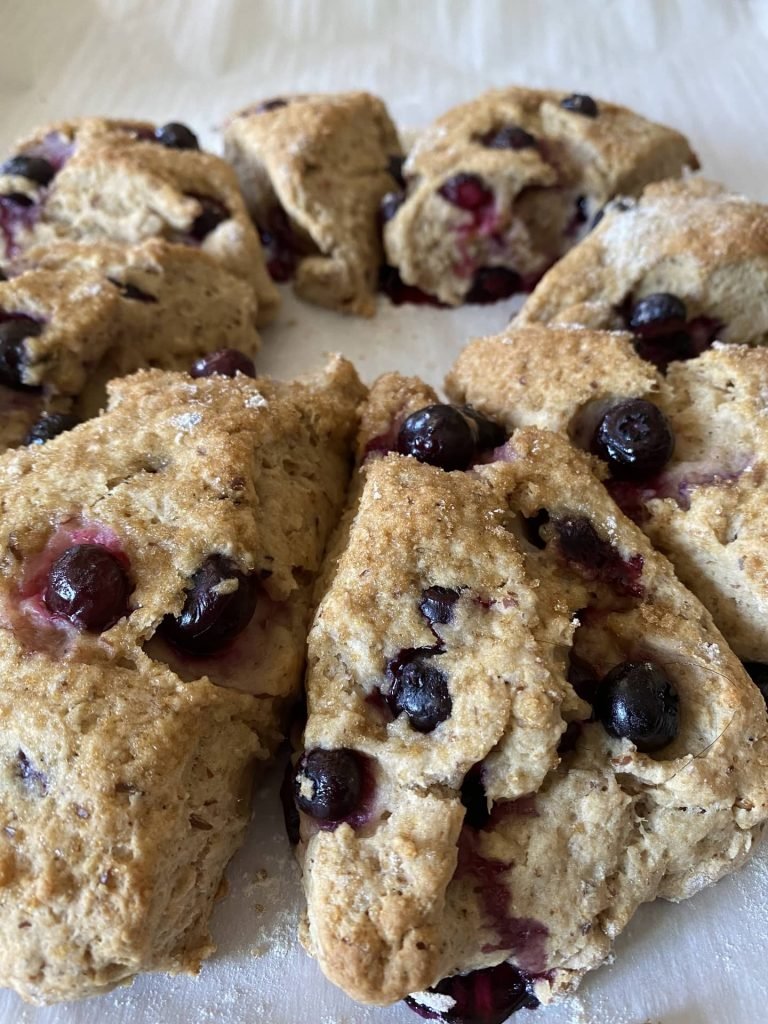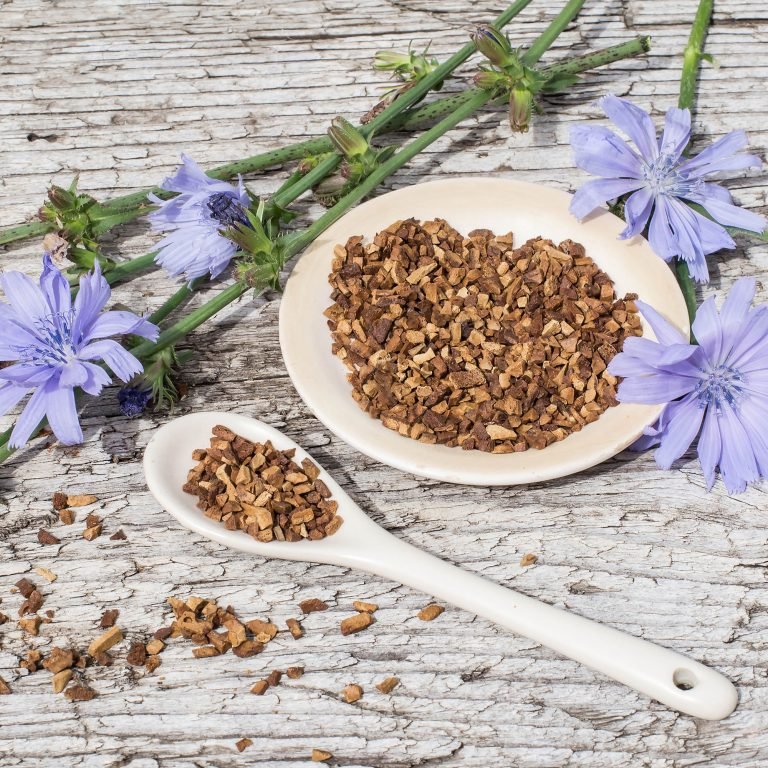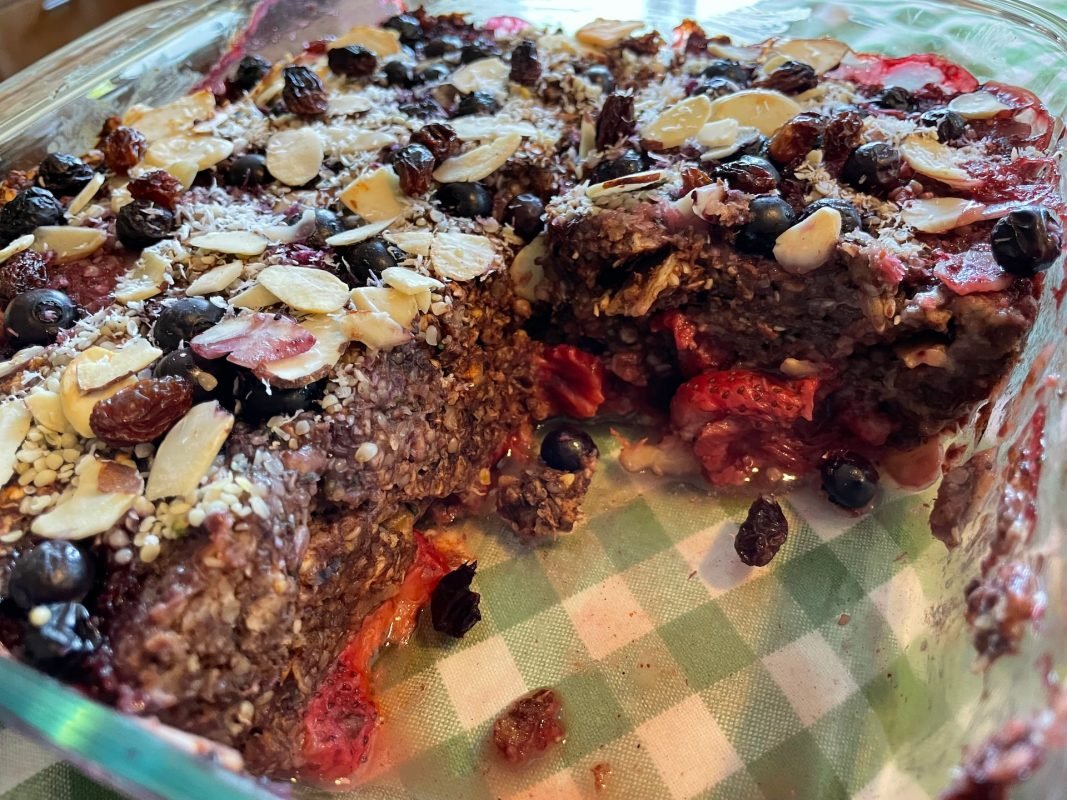Why Better Sleep Starts in Your Gut
Didn’t sleep well last night? If you’re like millions of Americans, you probably didn’t. Approximately 30% of US adults are affected by insomnia and about 10% chronically. Many of us–35% according to studies–get fewer than 7 hours of snooze time each night.
It’s a big deal. Chronic sleep loss impairs cognitive function, mood and is implicated in 90% of depressed people, has been linked to difficulty controlling weight, and can lead to serious health issues like heart disease, high blood pressure, stroke and diabetes and of course, can leave you feeling fatigued. Chronic sleep deficiency is a big deal.
Millions of chronically sleep-deprived people turn to sleeping pills to help with a more restful night. But, for others, a more natural aid that works with your own body’s mechanism is the answer. That natural aid is to use probiotics supplements that can beneficially affect crucial processes involved in your digestive tract—your gut.
Why Gut Health Affects Sleep: Cutting edge medical research shows how important your gut health is to getting good sleep. Called the gut-brain axis, processes in the digestive tract play a huge role in sleep. Driving these processes is a vast hidden “friendly” army of tiny bacteria in your digestive tract—probiotic bacteria–referred to as your microbiome. When your microbiome is healthy, research shows your sleep will be healthier.
How a Healthy Gut Helps with Better Sleep: Certain friendly bacteria species in your microbiome affect the body’s metabolism of tryptophan. Tryptophan is a precursor to melatonin, a key hormone that helps make you feel sleepy when the sun goes down and regulate the body’s circadian rhythm.
Tryptophan is also involved with serotonin production. Sometimes called the “happy” chemical, serotonin is an important neurotransmitter that helps regulate mood and bring on a feeling of wellbeing. Studies show that tension, stress, anger, anxiety and depression all can harm sleep quality. Serotonin, by helping to create feelings of wellbeing, can help with good sleep.
Other probiotic bacteria in your gut help combat various types of gastrointestinal pain. These discomforts include irritable bowel syndrome as well as gas and bloating. A healthy microbiome chock full of a large colony of mostly friendly probiotic bacteria can ease sensitivity to these types of pain, helping with better sleep quality.(1, 2, 3)
Research Shows Probiotic Supplementation Can Help with Sleep: Many aspects of modern life–stress, nutrient and fiber poor diets, antibiotics in food along with pesticides and chemicals lack of contact with nature, certain medication and antibacterial cleaners–all deplete the good bacteria in our gut that play important roles in producing the key neurotransmitters and substances that help with good sleep.
The good news is that clinical studies show that Probiotic supplements can help with sleep, improve mood, and positively affect the metabolism of tryptophan that in turn, stimulates melatonin and serotonin production.
A double-blind placebo-controlled study was published in Frontiers of Psychiatry that showed subjects given a probiotic mixture containing Lactobacillus Fermentum, L Rhamnosus, L Plantarum and Bifidobacterium Longum for 6 weeks experienced a significant improvement in mood, with a reduction of depressive mood state, anger, fatigue and improvement in sleep quality.(4)
Several other studies on students, including a double-blind randomized placebo-controlled study published in 2017 showed that supplementation with the Probiotic strains Lactobacillus Gasseri and Casei helped reduce academically induced stress, aiding with sleep quality.(5, 6, 7)
Other research has shown a positive link between Probiotic supplementation and maintaining levels of tryptophan levels in the body after consistent athletic physical stress. (8 ,9)
A broad-spectrum Probiotic formula, like the Doctors Pick 60 Billion CFU Probiotic + Organic Whole-Food Prebiotic, delivers 15 of the top clinically studied Probiotic strains to your Microbiome. Formulated based on 178 clinical studies, it includes each of the key Probiotic stains used in the studies cited here, helping to replenish the friendly bacteria in your Microbiome that can support you in getting that crucial refreshing sleep.
References
- Melinda L Jackson, et al 2015. Sleep Science. “Sleep quality and the treatment of intestinal microbiota imbalance in Chronic Fatigue Syndrome: A pilot study” https://www.ncbi.nlm.nih.gov/pmc/articles/PMC4688574/
- Jenkins T.A., Nguyen J.C., Polglaze K.E., Bertrand P.P. “Influence of tryptophan and serotonin on mood and cognition with a possible role of the gut-brain axis.” Nutrients. 2016; https://www.ncbi.nlm.nih.gov/pmc/articles/PMC4728667/
- Sergio D Paredes, et al. 2009. International Journal of Tryptophan Research. “Assessment of the Potential Role of Tryptophan as the Precursor of Serotonin and Melatonin for the Aged Sleep-wake Cycle and Immune Function: Streptopelia Risoria as a Model” https://www.ncbi.nlm.nih.gov/pmc/articles/PMC3195230/
- Angela Marotta, et al 2019. Frontiers in Psychiatry. “Effects of Probiotics on Cognitive Reactivity, Mood, and Sleep Quality” https://www.ncbi.nlm.nih.gov/pmc/articles/PMC6445894/
- Takada et al. 2017. “Beneficial effects of Lactobacillus casei strain Shirota on academic stress-induced sleep disturbance in healthy adults: a double-blind, randomized, placebo-controlled trial” https://www.wageningenacademic.com/doi/pdf/10.3920/BM2016.0150
- “Daily intake of Lactobacillus gasseri CP2305 improves mental, physical, and sleep quality among Japanese medical students enrolled in a cadaver dissection course” https://www.sciencedirect.com/science/article/pii/S1756464617300543?via%3Dihub
- Kato-Kataoka A, et al. 2016. “Fermented milk containing Lactobacillus casei strain Shirota prevents the onset of physical symptoms in medical students under academic examination stress” https://www.wageningenacademic.com/doi/pdf/10.3920/BM2015.0100
- Yuanyuan Li et al. 2018. Frontiers in Psychiatry. “The Role of Microbiome in Insomnia, Circadian Disturbance and Depression” https://www.ncbi.nlm.nih.gov/pmc/articles/PMC6290721/
- Barbara Strasser, et al. 2016. “Probiotic Supplements Beneficially Affect Tryptophan–Kynurenine Metabolism and Reduce the Incidence of Upper Respiratory Tract Infections in Trained Athletes: A Randomized, Double-Blinded, Placebo-Controlled Trial” https://www.ncbi.nlm.nih.gov/pmc/articles/PMC5133134/#B17-nutrients-08-00752
- “Insomnia Statistics Sleep Facts” September 12, 2017 http://www.statisticstats.com/health/insomnia-statistics-sleep-facts/











